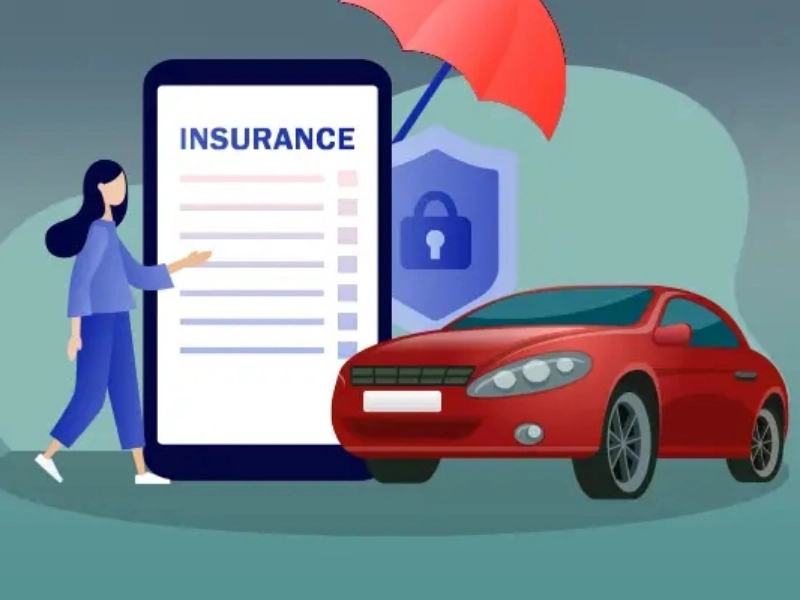Tax Planning for Independent Contractors and Small Businesses
For freelancers and small enterprises, tax preparation is crucial to operating a profitable business. It can involve tactics including adjusting accounting procedures, delaying income, and optimizing credits and deductions. It may also entail incorporating in order to benefit from higher credits and deductions or cheaper corporate tax rates.
Monitor your earnings and outgoings.
 The key to taxes is keeping accurate records. In order to ensure correct reporting prior to tax season, it is imperative for freelancers to maintain meticulous records of their revenue and expenses throughout the year. Your taxable income can be decreased by deducting allowable company expenses, which will ultimately result in a smaller tax obligation.
Identifying and utilizing available deductions can also be facilitated by maintaining well-organized records. Organizing bank statements, invoices, and receipts into a filing system is a terrific method to speed up the accounting procedure.
Setting up a distinct bank account for your business can also help you keep better track of your earnings and outlays. Accounting software can also increase productivity and give fast access to up-to-date information.
The key to taxes is keeping accurate records. In order to ensure correct reporting prior to tax season, it is imperative for freelancers to maintain meticulous records of their revenue and expenses throughout the year. Your taxable income can be decreased by deducting allowable company expenses, which will ultimately result in a smaller tax obligation.
Identifying and utilizing available deductions can also be facilitated by maintaining well-organized records. Organizing bank statements, invoices, and receipts into a filing system is a terrific method to speed up the accounting procedure.
Setting up a distinct bank account for your business can also help you keep better track of your earnings and outlays. Accounting software can also increase productivity and give fast access to up-to-date information.
Pay your estimated taxes on a quarterly basis.
 While doing taxes four times a year isn't the most enjoyable aspect of being an entrepreneur, it is one of the least stressful if you prepare ahead of time and have your records structured. Using a tax expert to handle their bookkeeping and federal tax filings is beneficial for many business owners.
File quarterly estimated payments if you are self-employed or your withholding is insufficient to pay the entire amount owed. You won't have to make a large, lump-sum tax payment in April, thanks to this. The IRS establishes deadlines and dates for payments, which might change quarterly. Putting these on your calendar or setting up an online reminder is a smart idea. It can also be simpler to project your debt for the following year if you keep track of your payments throughout the year.
While doing taxes four times a year isn't the most enjoyable aspect of being an entrepreneur, it is one of the least stressful if you prepare ahead of time and have your records structured. Using a tax expert to handle their bookkeeping and federal tax filings is beneficial for many business owners.
File quarterly estimated payments if you are self-employed or your withholding is insufficient to pay the entire amount owed. You won't have to make a large, lump-sum tax payment in April, thanks to this. The IRS establishes deadlines and dates for payments, which might change quarterly. Putting these on your calendar or setting up an online reminder is a smart idea. It can also be simpler to project your debt for the following year if you keep track of your payments throughout the year.
Invest in equipment before the year is out.
 Even though the tax code is always evolving, it's critical to stay current on any new credits and deductions that may have an impact on your circumstances. To achieve this, read pertinent tax publications, go to seminars or workshops, and routinely consult with an experienced tax professional.
It's best to make certain purchases for your freelance business towards the end of the year. Because it's the holidays, not only are you likely to find better bargains, but many equipment purchases can also be eligible for Section 179 deductions. By doing this, you may be able to recoup the equipment's cost entirely at once rather than having to spread it out over multiple years through depreciation deductions.
This can be especially helpful if you want to buy commercial cars, big machinery, or off-the-shelf software. You can determine the net cost of an equipment purchase after tax savings with the assistance of your financial partner.
Even though the tax code is always evolving, it's critical to stay current on any new credits and deductions that may have an impact on your circumstances. To achieve this, read pertinent tax publications, go to seminars or workshops, and routinely consult with an experienced tax professional.
It's best to make certain purchases for your freelance business towards the end of the year. Because it's the holidays, not only are you likely to find better bargains, but many equipment purchases can also be eligible for Section 179 deductions. By doing this, you may be able to recoup the equipment's cost entirely at once rather than having to spread it out over multiple years through depreciation deductions.
This can be especially helpful if you want to buy commercial cars, big machinery, or off-the-shelf software. You can determine the net cost of an equipment purchase after tax savings with the assistance of your financial partner.
Benefit from Business Tax Credits
 Keeping track of your revenue and expenses is important for both novice and seasoned business owners alike, as it enables you to pay proper taxes and identify tax credits that lower your overall liability. Tax credits, such as the initial expenses credit for retirement plans or the research and development credit, are monetary sums deducted from your tax liability. They can be extremely large.
In contrast, a tax deduction lowers your taxable income by writing off certain business costs, including rent, electricity, and insurance. But keep in mind that not all costs can be written off, and the IRS updates its regulations every year. Your taxes are significantly impacted by the business structure you select. For instance, if you choose a state with lower taxes, you could be able to benefit from the qualifying business income deduction.
Keeping track of your revenue and expenses is important for both novice and seasoned business owners alike, as it enables you to pay proper taxes and identify tax credits that lower your overall liability. Tax credits, such as the initial expenses credit for retirement plans or the research and development credit, are monetary sums deducted from your tax liability. They can be extremely large.
In contrast, a tax deduction lowers your taxable income by writing off certain business costs, including rent, electricity, and insurance. But keep in mind that not all costs can be written off, and the IRS updates its regulations every year. Your taxes are significantly impacted by the business structure you select. For instance, if you choose a state with lower taxes, you could be able to benefit from the qualifying business income deduction.
Make an appointment with a tax consultant.
 Working with a professional makes tax management easier for many small businesses and independent contractors. They can avoid errors, save time, lessen tension and worry, and get tactical guidance to optimize savings in this way.
A tax expert, for instance, can assist you in determining whether you should modify your business structure or if you qualify for the new QBI deduction. They can also offer you advice on how to invest tax-efficiently, save for retirement, and maximize your deductions.
Other company planning methods that an experienced tax expert can assist you with include moving to a low-tax state, creating a retirement plan, and separating personal and business spending. Using our online appointment scheduling platform, which enables users to make appointments at any time of day or night, you can make an appointment with a tax expert on Bookedin.
Working with a professional makes tax management easier for many small businesses and independent contractors. They can avoid errors, save time, lessen tension and worry, and get tactical guidance to optimize savings in this way.
A tax expert, for instance, can assist you in determining whether you should modify your business structure or if you qualify for the new QBI deduction. They can also offer you advice on how to invest tax-efficiently, save for retirement, and maximize your deductions.
Other company planning methods that an experienced tax expert can assist you with include moving to a low-tax state, creating a retirement plan, and separating personal and business spending. Using our online appointment scheduling platform, which enables users to make appointments at any time of day or night, you can make an appointment with a tax expert on Bookedin.










